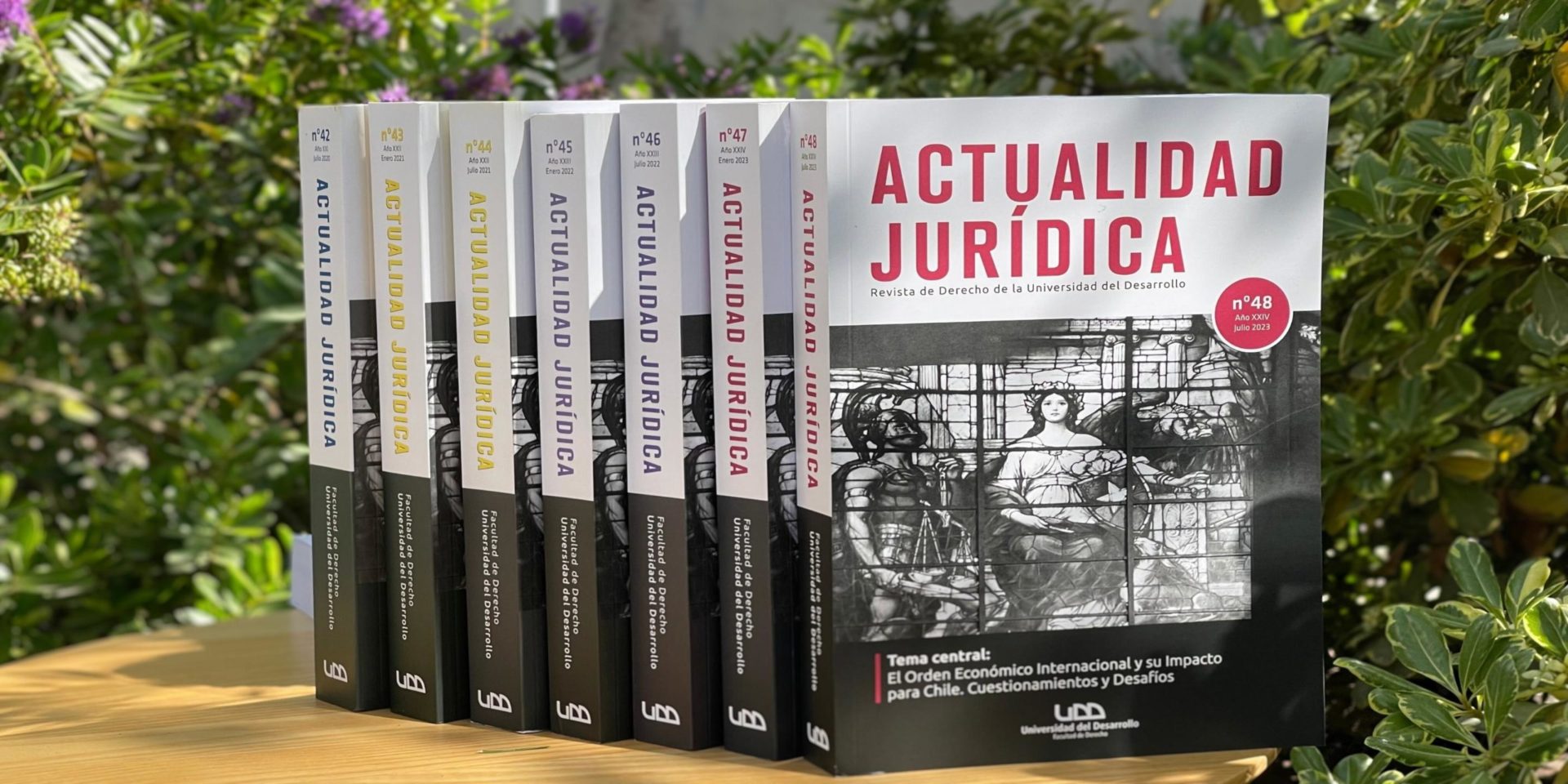Estado de derecho y bloque de constitucionalidad ambiental. Segunda parte
Resumen
El objetivo de este trabajo, es presentar algunas reflexiones sobre el Estado de derecho en virtud del ordenamiento jurídico vigente, el derecho ambiental internacional al cual está obligado conforme a los tratados internacionales ratificados por Chile y que se encuentran vigentes, y cómo su contenido formaría un verdadero bloque de constitucionalidad ambiental que debiera ser considerado y respetado, como punto de partida, marco y limitación en el área, para la actividad de la Convención Constitucional en la redacción de una futura Carta Fundamental. El escrito busca destacar la relevancia de las convenciones internacionales ambientales para el país, las que, habiendo sido incorporadas a su ordenamiento jurídico interno, establecen derechos y obligaciones determinadas en sus respectivas materias, y pueden generar la responsabilidad internacional del Estado de Chile ante el incumplimiento de las mismas. Su texto, está dividido en cuatro partes. Primero, una introducción referida al concepto de Estado de derecho y a cómo este incluiría el derecho internacional al que se obliga en forma voluntaria el país. Segundo, una propuesta sobre la existencia de un bloque de constitucionalidad ambiental en Chile, que comprendería el contenido de algunos de los principales tratados internacionales ambientales en vigor. Tercero, una muestra y análisis del mandato o valor normativo esencial de algunos de los tratados internacionales ambientales que formarían parte de dicho bloque. Y cuarto, las reflexiones finales.
Abstract
The objective of this work is to present some reflections on the rule of law under the current legal system, international environmental law, to which it is bound according to international treaties ratified by Chile and that are in force, and how its content would form a true Block of Environmental Constitutionality that should be considered and respected, as a starting point, framework and limitation of attributions by the Constitutional Convention in the process of drafting a Constitution. The document seeks to highlight the relevance of international environmental conventions for Chilean legal order, which, having been incorporated into its internal legal system, establishes rights and obligations, and may carry international State responsibility in the event of non-compliance. The text is divided into four parts. First, an Introduction, referring to the concept of the Rule of Law and how it would include the International Law to which the country voluntarily binds itself. Second, a proposal on the existence of an Environmental Constitutionality Block in Chile, which would include the content of some of the main international environmental treaties in force. Third, a sample and analysis of the mandate or essential normative value of some of the international environmental treaties that would be part of said Block. And fourth, final ideas.
